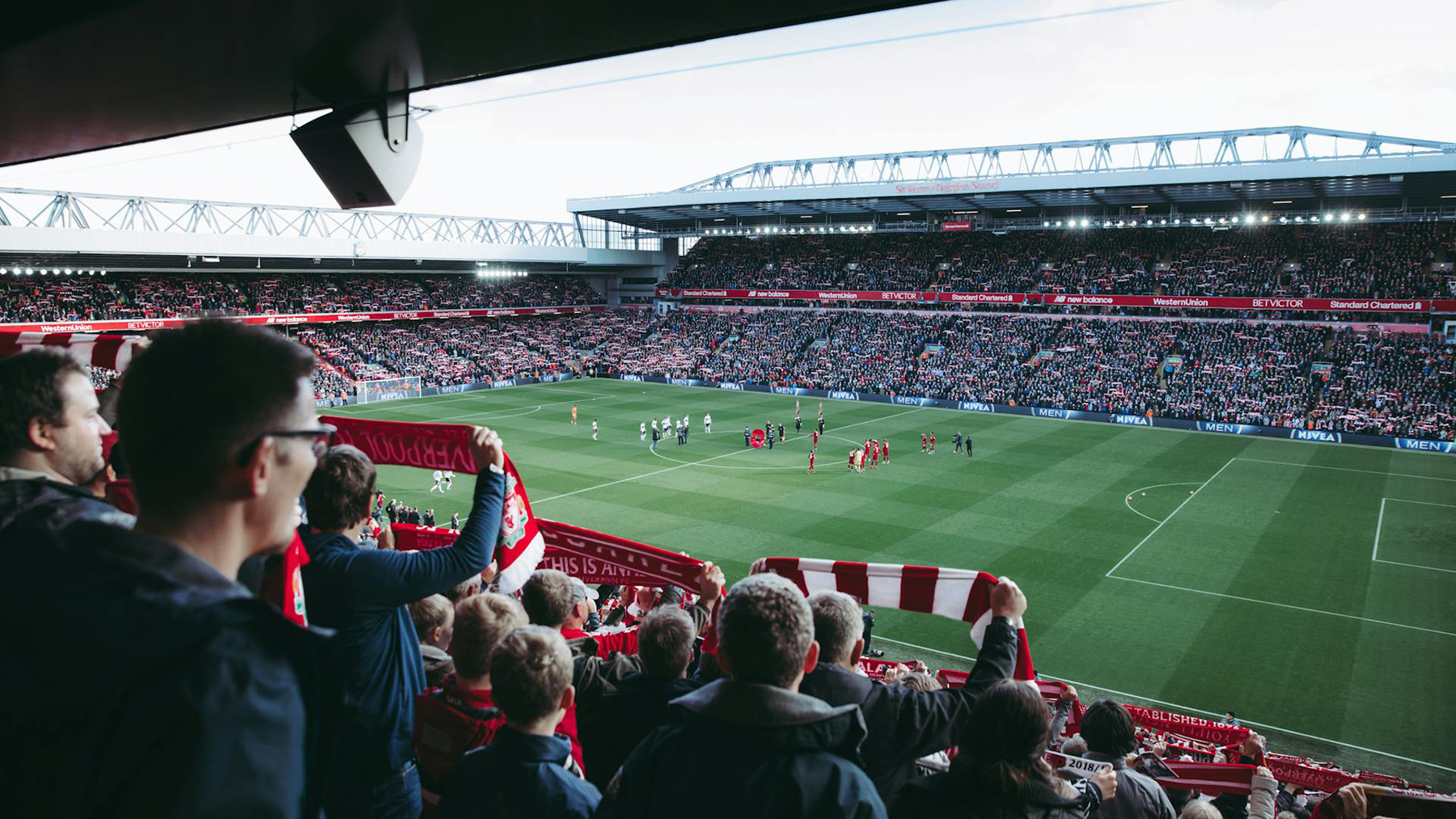
Major football events like the FIFA World Cup and the UEFA Champions League have become more than just a celebration of sport. They are colossal events with significant economic implications for the host cities. These events can transform cities, influencing their economy, infrastructure, and global image.
Positive Effects
The positive economic effects of hosting major football events are numerous and can bring about transformative changes to host cities. These events, such as the FIFA World Cup and UEFA Champions League, are not just spectacles of sport and a chance for bettors to use football betting tips and maybe win big but also powerful catalysts for economic development.
One of the most immediate and visible benefits is the boost to tourism. Major football events attract thousands of international visitors, who spend on accommodation, dining, and local attractions, providing a significant revenue stream for the city. This influx of tourists can lead to a short-term economic boom, with hospitality and retail sectors particularly benefiting.
Infrastructure development is another significant positive effect. The preparation for such events often involves substantial investment in public transport, communication networks, and urban regeneration projects. This not only improves the quality of life for residents but also enhances the city’s appeal as a destination for future tourists and investors.
The construction and renovation of stadiums can also have a positive impact. These projects create jobs and can stimulate the local construction industry. Moreover, the stadiums can become iconic landmarks and symbols of national pride, representing the spirit, culture, and aspirations of a city or country.
Furthermore, the global exposure a city receives when hosting such events can be invaluable. The media coverage and attention can put the host city on the map, attracting future investments and events, which can lead to sustained economic growth and international recognition.
Negative Effects
While major football events like the FIFA World Cup and UEFA Champions League can bring excitement and positive economic impact to host cities, they can also have negative consequences that must be carefully considered.
One of the primary concerns is the significant financial burden these events can place on host cities. The costs associated with hosting can be immense, often involving the construction of new stadiums and infrastructure improvements. These projects can strain public finances, and the promised economic benefits may not always materialize to offset the expenses.
Another issue is the phenomenon of ‘white elephants,’ where newly built stadiums or facilities remain underused after the event. This leads to ongoing maintenance costs without the corresponding revenue, turning these structures into financial liabilities rather than assets.
The influx of visitors during the event can also lead to price inflation, which can negatively affect local residents. Accommodation and daily living costs can skyrocket, making it difficult for the local population to afford basic necessities during the event period.
Additionally, there can be socioeconomic impacts such as gentrification. The revitalization of urban areas for these events can lead to increased property values, which, while beneficial for some, can displace current residents who can no longer afford to live in their own neighborhoods.
Moreover, the focus on the event can lead to a temporary disruption of the local economy. Local businesses not directly involved in the event may suffer from displacement spending, where money that would have been spent in the local economy is instead spent on event-related activities.
Conclusion
In conclusion, major football events can have a profound economic impact on host cities. While the potential for a positive financial legacy is significant, it requires careful management and foresight to ensure that the benefits are long-lasting and that the spectacle of football leads to sustainable economic growth.
Comments